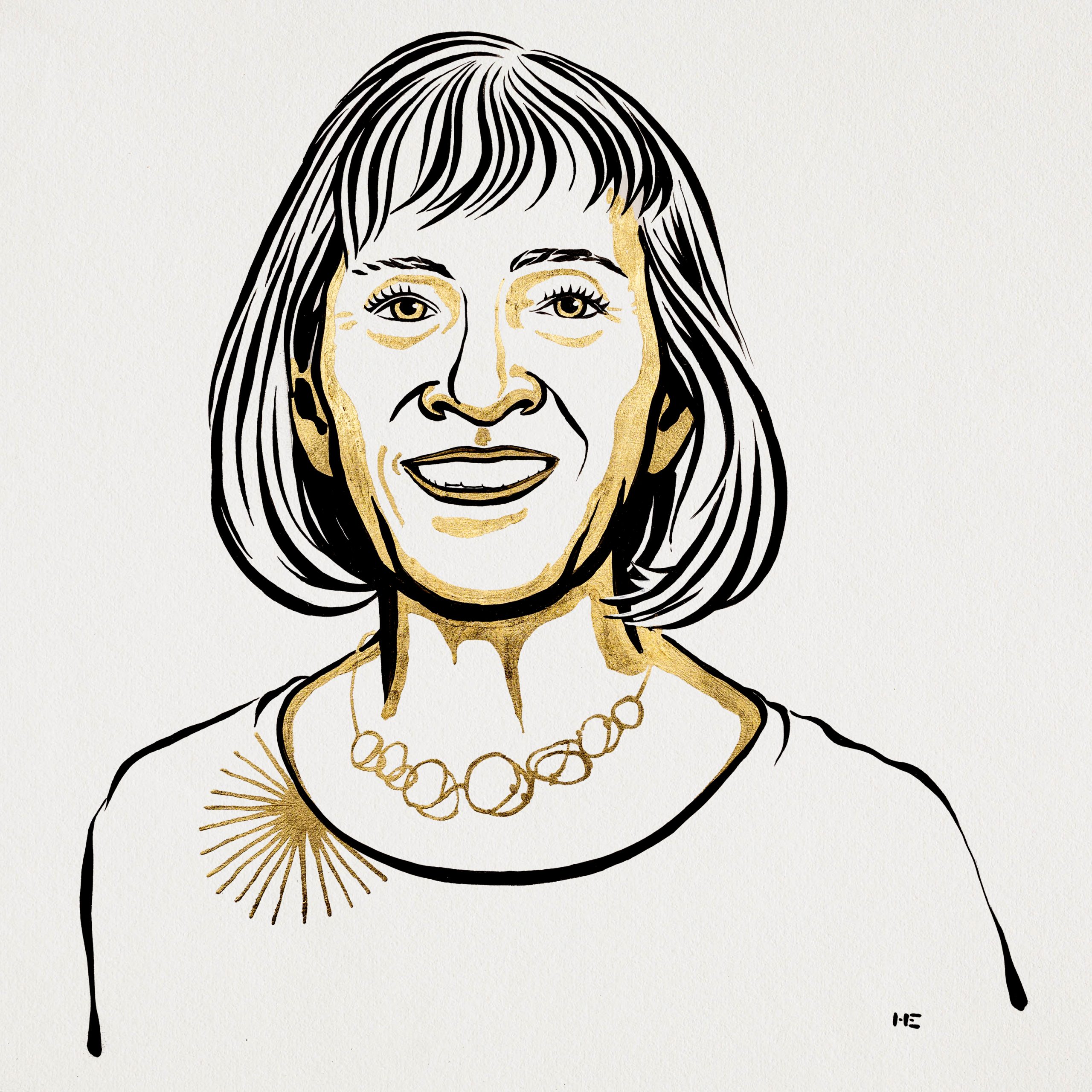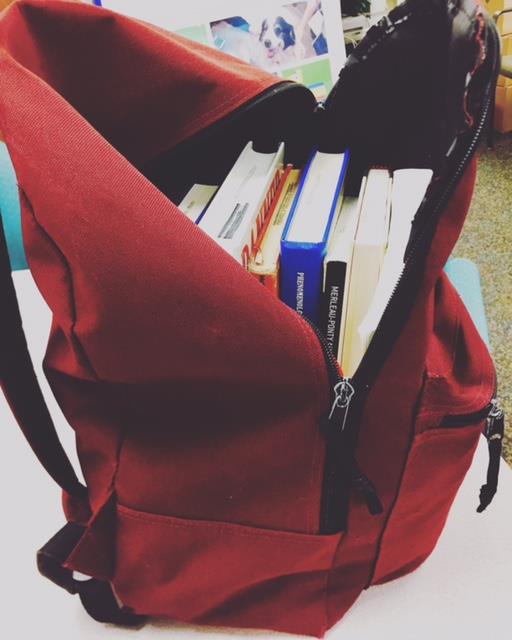New Business Resource Added: Henry Stewart Business and Management Journals Collection
By Linda Hauck

By Centro de Estudios Públicos – https://www.cepchile.cl/CEP40Aniversario, CC BY 2.0 cl, https://commons.wikimedia.org/w/index.php?curid=112613569
Falvey offers extensive access to commercial journals published by Elsevier, Sage, Wiley, Emerald, Taylor & Francis, Springer-Nature, Oxford University Press, and Cambridge University Press, among others. Many factors are taken into consideration in negotiating access to these very costly resources, including alignment with curricula and research activity, journal impact or prestige, indexing, cost structure, actual usage, turn-a-ways, and stated demand.
A faculty member noted high quality, peer-reviewed journal articles relevant to a frequently offered graduate course were accessible using Business Source Premier and SCOPUS, two recommended database for business, and the Library Search Articles and More tool, but access to full text access was only available via interlibrary loan. The faculty member submitted a request for purchase.
As is often the case, the cost of subscribing to the single journal was quite high, but the journal was part of the Henry Stewart Business and Management Journal Collection, which maps to multiple disciplines taught at the Villanova School of Business, including digital marketing, real estate, data analytics, and supply chain management. Bundled with our HSTalks instructional video collection, the Library was able to negotiate for the Henry Stewart Business and Management Journals Collection.
Students and faculty now have immediate access to current issues and backfiles of these journals that publish papers written by applied scholars and seasoned practitioners.
Link to the full text of 22 Henry Stewart journals by using the “find it” button in Business Source Premier or SCOPUS, or by using the Journal Finder.
 Linda Hauck, MLS, MBA, is Business Librarian at Falvey Library.
Linda Hauck, MLS, MBA, is Business Librarian at Falvey Library.

 Linda Hauck, MLS, MBA is Business Librarian at Falvey Library.
Linda Hauck, MLS, MBA is Business Librarian at Falvey Library. Join Linda Hauck, Business Librarian, Falvey Library, for a Backpack to Briefcase: Business Research session. Competitive Intelligence involves gathering, analyzing, and acting on data that impact an organization’s future success. This introductory research session will focus on how to gather public information across multiple sources about competitors and industries. CI allows organizations to make better decisions, see opportunities and avoid pitfalls. Knowing how to gather information is the first step.
Join Linda Hauck, Business Librarian, Falvey Library, for a Backpack to Briefcase: Business Research session. Competitive Intelligence involves gathering, analyzing, and acting on data that impact an organization’s future success. This introductory research session will focus on how to gather public information across multiple sources about competitors and industries. CI allows organizations to make better decisions, see opportunities and avoid pitfalls. Knowing how to gather information is the first step.
 associations and team and player performance sites. Its a one-stop shop for sporting goods spending, participation, attendance, fan demographics, and media usage data, downloadable in Excel format. Use it to keep up to date on business developments on everything from baseball to fantasy football, sports gambling, pickleball, and sports law to name just a few topics.
associations and team and player performance sites. Its a one-stop shop for sporting goods spending, participation, attendance, fan demographics, and media usage data, downloadable in Excel format. Use it to keep up to date on business developments on everything from baseball to fantasy football, sports gambling, pickleball, and sports law to name just a few topics. Linda Hauck, MLS, MBA is Business Librarian at Falvey Library.
Linda Hauck, MLS, MBA is Business Librarian at Falvey Library.



 Economics tab and Search all Categories box enable drilling down to the cities and variables needed.
Economics tab and Search all Categories box enable drilling down to the cities and variables needed.
 Factiva’s Company/Markets tab is an added bonus. Company profiles describe the business segments, corporate family, financial results, and peers, but their real advantage is the depth and breath of company news provided. The industry snapshots are less robust, but do rank key competitors, facilitate a deep dive into the news, and offer recent analyst reports.
Factiva’s Company/Markets tab is an added bonus. Company profiles describe the business segments, corporate family, financial results, and peers, but their real advantage is the depth and breath of company news provided. The industry snapshots are less robust, but do rank key competitors, facilitate a deep dive into the news, and offer recent analyst reports.